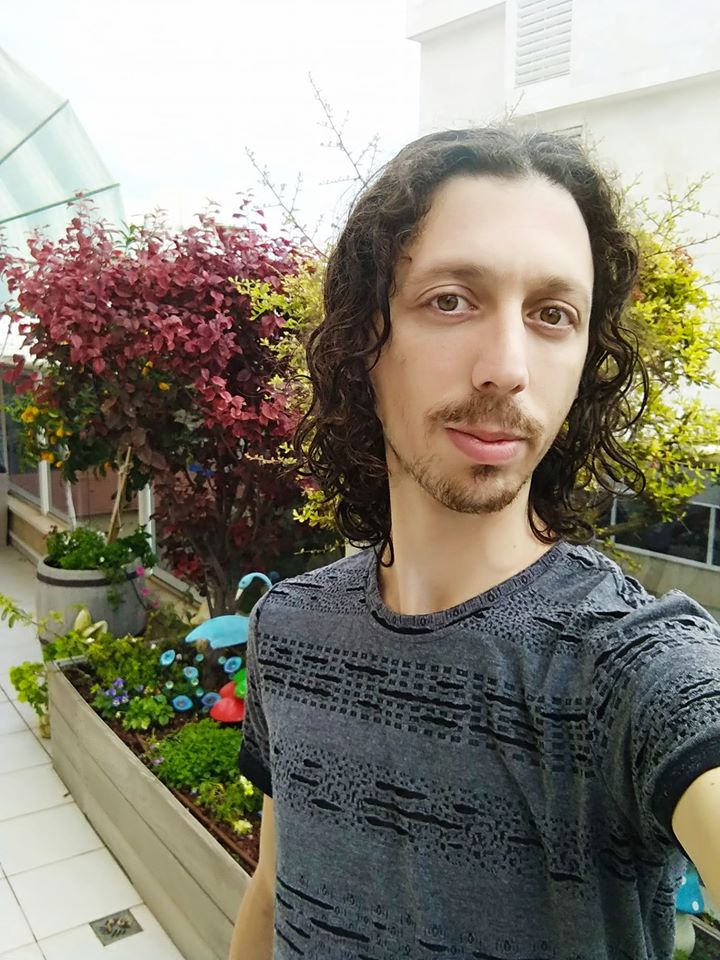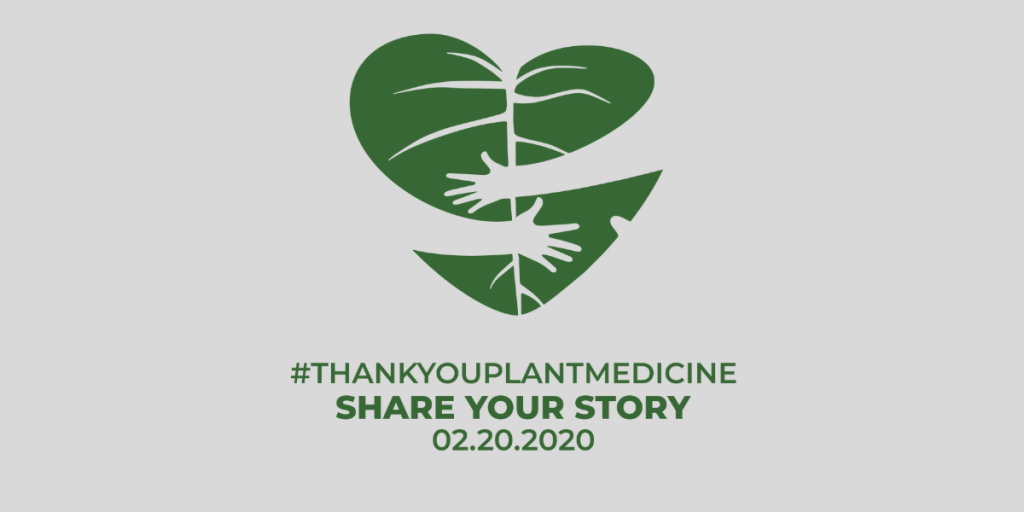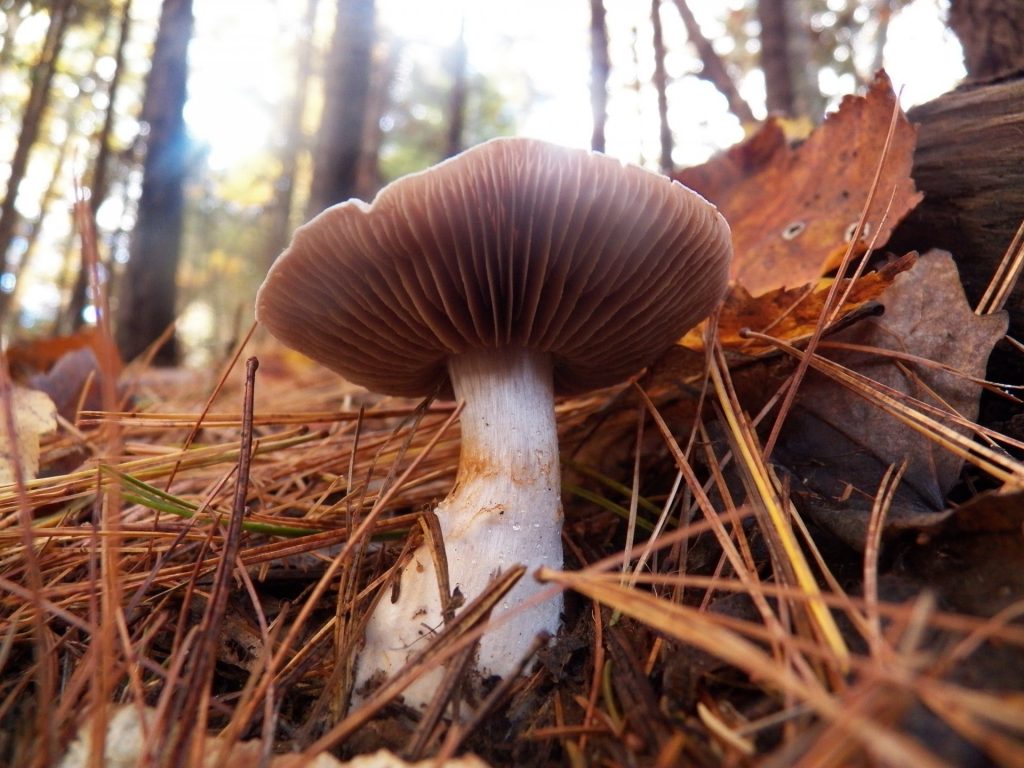
Itay Nevo, who completely lost his sense of smell after a serious car accident, was amazed that mushrooms appeared to finally bring it back three years later.
At the time of his accident, he had to be airlifted to hospital by helicopter and had broken numerous bones, suffered a multi-system failure, and experienced severe head trauma yielding his sense of smell to disappear.
Remarkably, Itay made a strong recovery within a few weeks but medics later told him there was “zero chance” his sense of smell would return. However, the Israeli man found remarkable healing by using psilocybin mushrooms, which scientists have discovered can effectively “rewire” the brain.
Itay told many doctors about his healing experience but they dismissed his claims, which he believes is because psilocybin mushrooms are stigmatized and illegal in many Western countries due to their psychedelic effects.
The 36-year-old is “coming out” about his use of psilocybin after joining the #ThankYouPlantMedicine movement, which is empowering people to speak openly about their responsible use of psychoactive plants for healing.
The grassroots campaign is spreading rapidly across the world, and on February 20th, 2020, the goal is to see 100,000 people “come out” on social media worldwide with their stories of personal transformation, using the hashtag #ThankYouPlantMedicine.
Itay, who lives in Costa Rica, explained how the accident happened at the end of 2012 when another vehicle smashed into the back of the car he was a back seat passenger in.
“I had 12 broken ribs, a smashed hip, a broken bone in my leg, and my head was crushed. My recovery was good because my body was clean and healthy, but I had some issues. One of them was losing my sense of smell. The doctors didn’t know what to do about it, and more than two years passed before I recovered it. Up until that point, the doctors told me the chances of it returning were almost zero percent.”
He took psilocybin several times when playing music as part of organized plant medicine ceremonies, but had no idea the mushrooms would have such a profound impact on his physical health.
After the third ceremony, Itay suddenly noticed his sense of smell had returned to a degree but not completely. He continued taking the recommended dose of psilocybin in a ceremony – with guidance and support – and was amazed when his sense of smell was fully restored.
He said: “It never happened during the ceremony, but it would return one or two days later. I’d be walking along or doing normal things, and then it would be like ‘bam!’ I got some smell.
“It was very surprising because, after years without having any smell, you really feel it. I was quite shocked and at the beginning, I wasn’t sure if it was my imagination.
“But it was strong. There was a specific smell and then, more and more smells began to open up to me gradually. It was unfolding by itself, but it took a few months before it fully came back.”

Itay is involved in a new plant medicine project called Tribal Tierra, which is based in Diamante Valley in Costa Rica. Founders of Tribal Tierra are opening a medicine temple that will serve plant medicines such as ayahuasca, psilocybin mushrooms and peyote by donation.
A new study published earlier this month in the journal Biological Psychiatry may help explain what Itay claims about his healing experience using psilocybin mushrooms. The study, involving 23 healthy adults, provides new details about how psilocybin changes communication patterns between regions of the brain.
The participants underwent MRI brain scanning 20 minutes, 40 minutes and 70 minutes after consuming either psilocybin or a placebo.
The researchers noted that those who had taken psilocybin mushrooms had reduced connectivity between areas of their brain involved in planning and decision-making – but increased connectivity between areas of the brain involved in sensation and movement.
In a recent interview with PsyPost, study author Katrin Preller of the University of Zurich and Yale University said: “Psilocybin – similar to LSD – induced a pattern of brain connectivity that is characterized by increased synchronization of sensory brain regions… Increased sensory processing but altered integration of this sensory information may, therefore, underlie the psychedelic state and explain the symptoms induced by psilocybin.”

In 2018, researchers at world-leading Johns Hopkins University suggested reclassification of psilocybin mushrooms to a schedule IV drug for medical use.
The experts suggested that they could help treat depression, anxiety, and substance use disorders, and this has helped fuel a decriminalization drive in several US states. In 2019, the John Hopkins University and the Imperial College of London opened centers for psychedelic research.
Leaders of the #ThankYouPlantMedicine movement, which was formed in June 2019, envision substances such as psilocybin mushrooms being used therapeutically in a safe setting with proper care and guidance.
The campaign now has more than 630 volunteers in 67 countries dedicated to raising awareness about the healing potential of psychoactive plant medicines and psychedelic-assisted therapy.
* Want to join the #ThankYouPlantMedicine movement on Facebook? Come join our community by clicking here.
* Would you like to help spread our message and support the #ThankYouPlantMedicine movement as a volunteer? Please click here for more details.
The #TYPM movement does not encourage any illegal use or abuse of plant medicines and psychedelics, whether cultivated in nature or lab synthesized.
Psychedelic and plant medicines, even within the confines of applicable laws, are not appropriate or beneficial for everyone. They are not magical cures but are tools that when used properly – with respect, clear intentions, guidance, and a safe, supportive environment – can catalyze personal growth and healing.
To minimize harm and increase therapeutic potential, it is imperative that one performs sufficient research, adequately prepares, and integrates their own experience.






